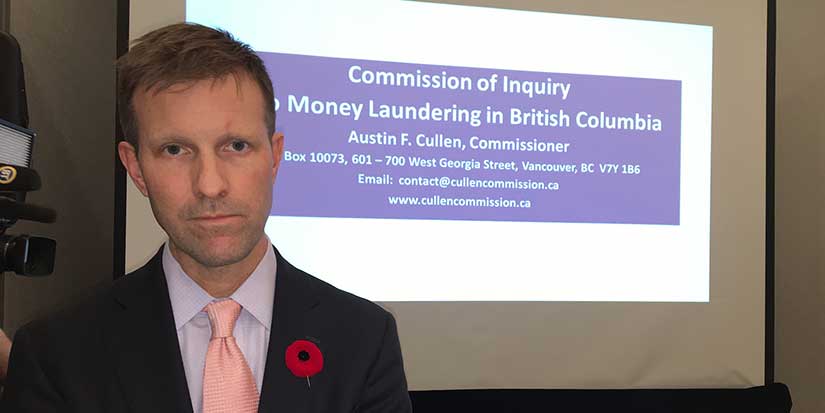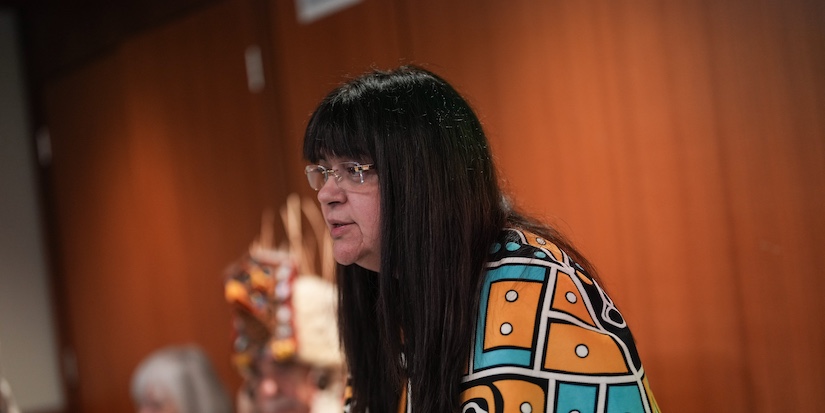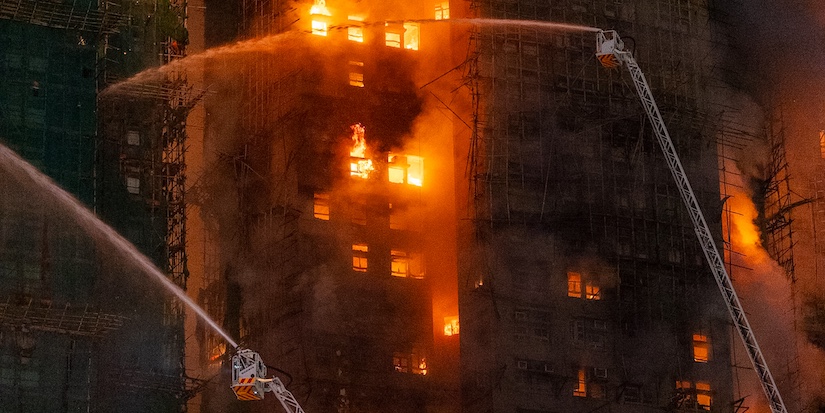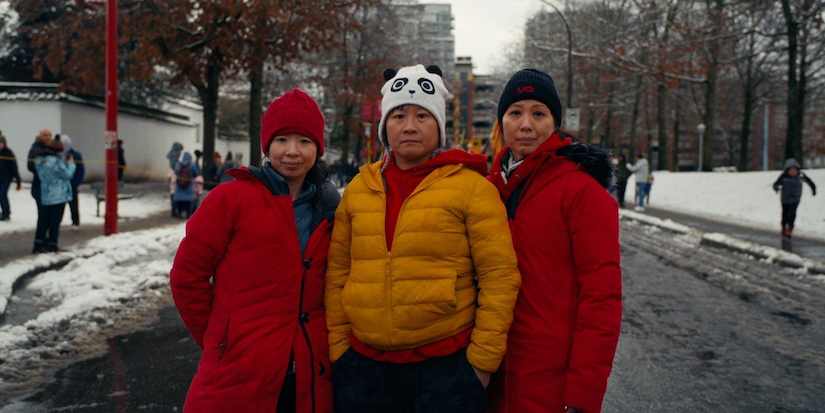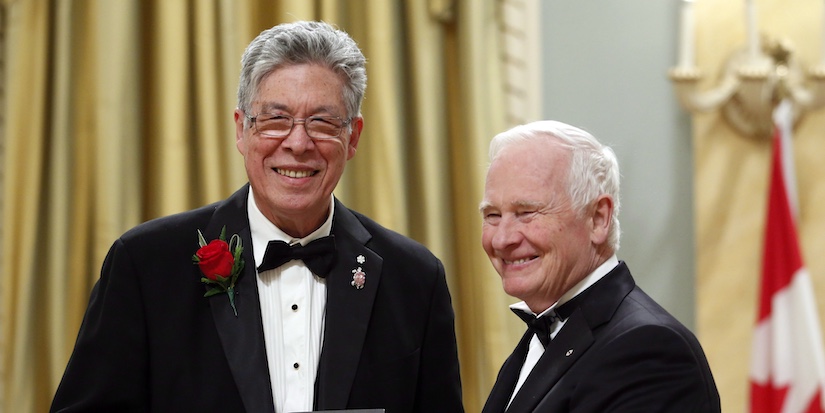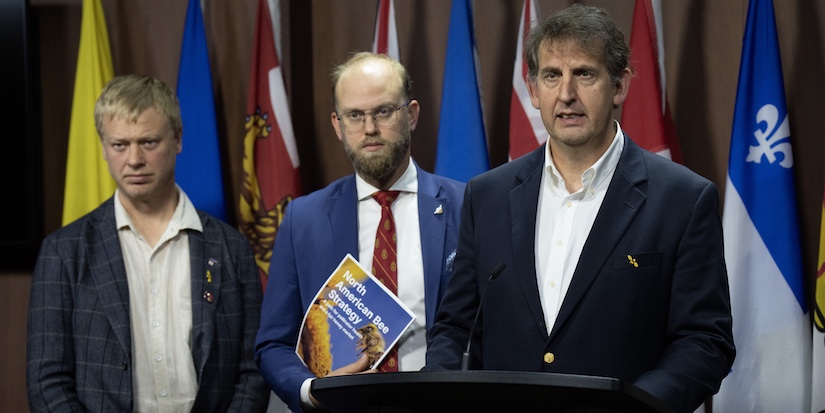Latest News
Money laundering under the spotlight in Richmond
Published 4:45 PST, Fri November 8, 2019
Last Updated: 10:26 PST, Tue November 12, 2019
—
The Cullen Commission into money laundering in British Columbia came to Richmond to hear 10-minute presentations from the public on Nov. 14. The commission is to learn about money laundering in all its forms. After hearing about possible solutions, the commission will then recommend solutions.
Opening the local meeting, Commissioner Austin Cullen, a British Columbia Supreme Court Justice said, “We look forward to what you have to say.” He spoke of the awareness of the presence and profound social harm of money laundering.
Calling it a particularly insidious crime, Cullen compared it to the transmission of a serious communicable disease because money laundering spreads inconspicuously but causes great harm, like a serious infection.
The Sentinel spoke earlier with lawyer Brock Martland, one of two senior commission counsels. Martland has extensive experience with criminal prosecutions both from the prosecution side and that of a defense lawyer.
“Having a society grounded in the rule of law, that is secure, that is fair to its citizens, also means having an arrangement as a society where we don’t tolerate or allow criminal activity to flourish and don’t simply turn a blind eye to criminals being able to easily convert illicit or crime-related income to assets or money,” Martland said.
Martland continued, “Canada is grounded in law. We can enforce a contract through the courts and other relatively violence-free steps, if someone owes me money. We’re not the Sopranos. We are not in a lawless state.
Many of the people leery of giving evidence to the commission or the government about money laundering have stated their fear of being murdered by those currently hiding their crimes.
The commission is separate from government and law enforcement. Martland said, “This inquiry allows for a completely independent assessment of the problem by a very respected senior judge and a whole team of lawyers, a whole new set of eyes, who are informed by their experience in a whole variety of areas of the law.”
The Sentinel offers a sampling of some speakers’ words. The variety of issues addressed show the far-reaching affects of money laundering and the many sources of ill-gotten gains.
The first speaker at the Richmond hearing was John Roston speaking on behalf of Richmond Farm Watch.
His main concern was protecting farmland from being sold to non-farmers, “Who build large mansions and take the farmland out of production to create a residential estate that no genuine farmer will ever be able to buy.
Though there are now limits in place Roston said, “Over 60 building permits for large mansions were issued before those laws came into effect and those large residential estates are being built.”
He wants suspicious farmland and mansion building transactions to be identified, investigated and then the properties seized where appropriate. He then suggested the seized farms be rented to new young farmers who cannot currently afford to buy land and that the mansions, that no farmer would ever need, be divided into subsidized rental homes for those who need them.
Roston then suggested B.C. create unexplained wealth orders. Currently used in the United Kingdom, they compel a person or company to reveal the sources of unexplained wealth. If they do not comply, the British government can seize their assets.
Roston said, “These orders should include wealth derived from both illegal activities and the illegal transfer of wealth to Canada using a variety of methods.”
Roston is realistic saying it takes a lot of resources to investigate a suspicious real estate transaction no matter its size. He pointed out that there is more benefit to investigating large transactions first since the size of the potential recovery is correspondingly large.
“Many large suspicious transactions have involved Richmond farmland,” he said.
When Suzanne Jay spoke, representing the Asian Women for Equality Society she spoke of the negative side of government’s decriminalization of women selling sex for money saying it has disproportionately affected colonized and racialized women. She said the money earned through the sex trade, especially for women of colour and indigenous women, likely goes to criminal gangs and not to the women themselves.
She cited a person charged with living off the avails of prostitution and also with keeping a bawdy house. In one year, they had made $1.3 million from house-based prostitution. “She would have had to launder that money,” Jay said.
The next person, a long-time member of the iron-workers union, spoke of the large cash transactions on non-union construction sites where high rises and other similar large structures were being built. Using cash meant the source of the money and the financial transactions left no record.
After hiring people from these sites the speaker said, “We gave them good union jobs. From them, we found out lots of information.”
He closed his remarks saying, “I only hope this inquiry digs deep.”
Financial planner and former Vancouver mayoralty candidate, David Chen said that he was concerned about discussions online. He spoke of Richmond’s unregulated birth tourism that cannot get a business license or liability insurance and is an all cash enterprise.
He spoke of the wire transfers used to get money out of China. He gave a parallel example in Orange County, California where a birth house was closed down. That one house had earned $4.5 million US over two years. That money was used to buy property and luxury goods like expensive watches which Chen described as, “All trademarks of money laundering.” By not declaring the money as it comes into the country and then not declaring the profits, no taxes were paid.
These facts came to light, he said, because the person running the birth house pled guilty in a plea deal.
Describing the situation in Richmond as quite startling, Chen said the amounts of money involved in birth tourism here is not small. While there are no statistics for Quebec, for the rest of Canada the money from birth tourism is estimated to be $400 million.
The next person, Virginia Chan, said, “I am here to speak up for my father who is 80 years old.” She said he lost his home due to a court case. She spoke of offshore problems being imported to Canada.
“There are people who show no income but their lifestyle does not (look like) they have no income.”
Next up, long-time Richmond realtor Lynda Terborg spoke of a chaotic, unbelievable real estate market over the past 10 years. Likening it to a wildfire, she spoke of the tearing down of perfectly good houses.
Describing ours as a “loophole society,” she spoke of the mountains of documentation from real estate sales that are never verified.
“Canadian society relies too much on the honour system. The consequences are too slim,” Terborg said.
She cited FINTRAC, the system intended to track financial transactions to reduce or stop money laundering, particularly in real estate, as an example of “Bureaucratic incompetence.” She said it had a complete lack of consequences.
She asked solicitors what they did with all the FINTRAC documents they received.
The replies she received were, “They are in a pile in the corner. No one asks for them.”
She said no one verifies the box where a person declares they are resident of Canada for tax purposes.
“We do have the rules. We just need to apply them,” Terbog said.
Without controls on money laundering, Terborg ended by asking, “How are our children and grandchildren going to buy homes?”
Ivan Pak spoke of underground bankers used for exchanging offshore currency. He said they offer cheaper, better rates and are faster. Pak, an immigrant from Hong Kong who lived here for a number of years, returned to Hong Kong and then once again settled in Richmond says his history gives him a clear view of what is happening.
Pak said, “We have to regulate those money changers.”
Commissioner Cullen said there is also much work being done out of the spotlight by the commission with analysts and others. He said to watch the commission website cullencommission.ca The commission is not yet at a point in the process to provide answers to questions but it can raise awareness and provide indications of public concern.
Martland said, “As a society, we should not allow that, where someone can go out commit a crime and then, with relative ease, turn that into profits and assets. Why wouldn’t we take steps to really slow down and stop that kind of criminal activity in the province?
Martland said, “My hope is the recommendations coming out (of this commission) will be useful to government in minimizing and deterring money laundering.
Cullen told those assembled in Richmond on a cold Thursday night, “I really appreciate you have come here. An engaged community is the basis of a well-functioning society.”
Having already held public meetings in Vancouver, Kelowna and Victoria, the commission heads to Prince George Nov. 14. For more details and to see summaries of the previous public meetings, go to cullencommission.ca/public-meetings-information/
